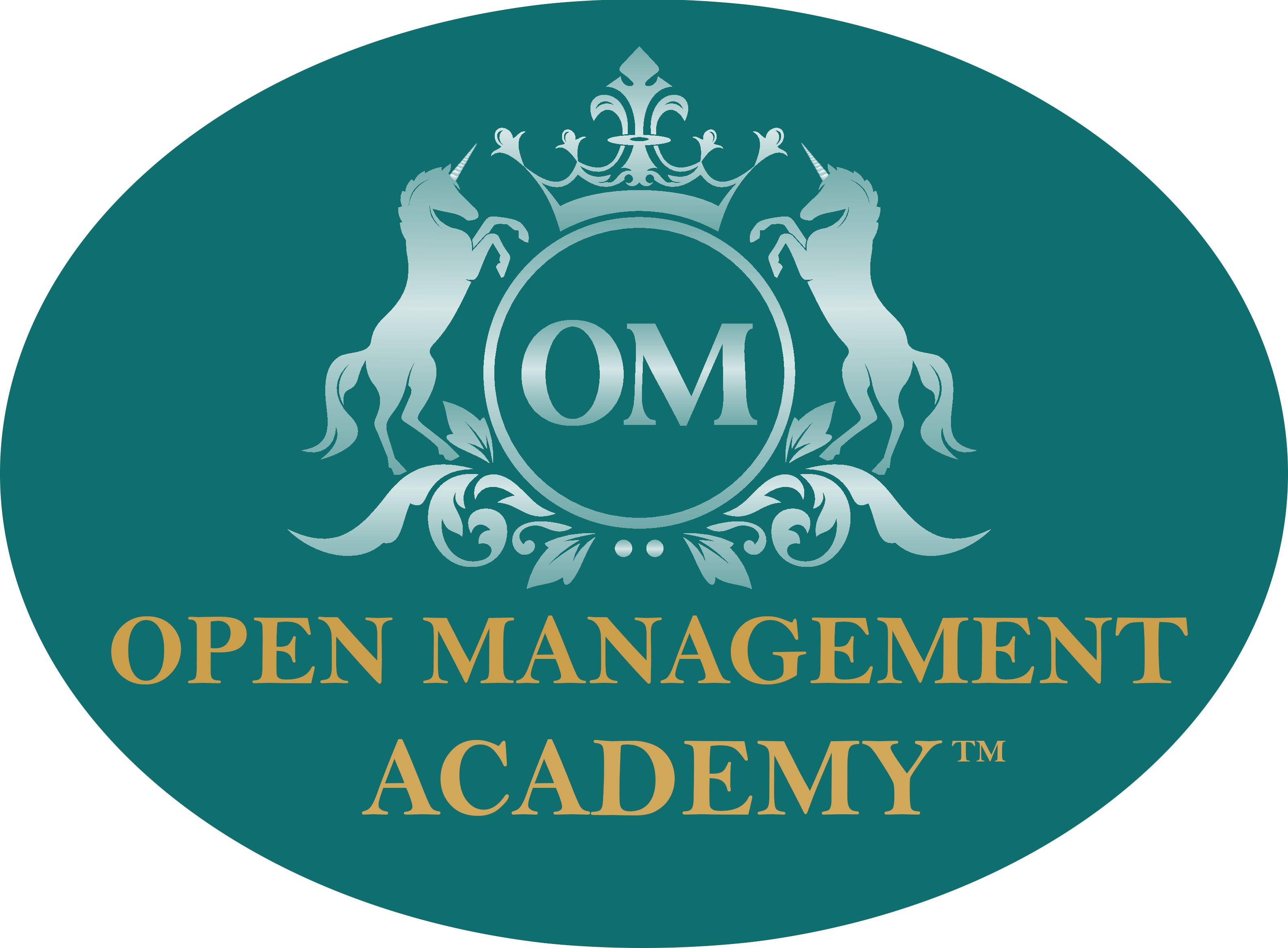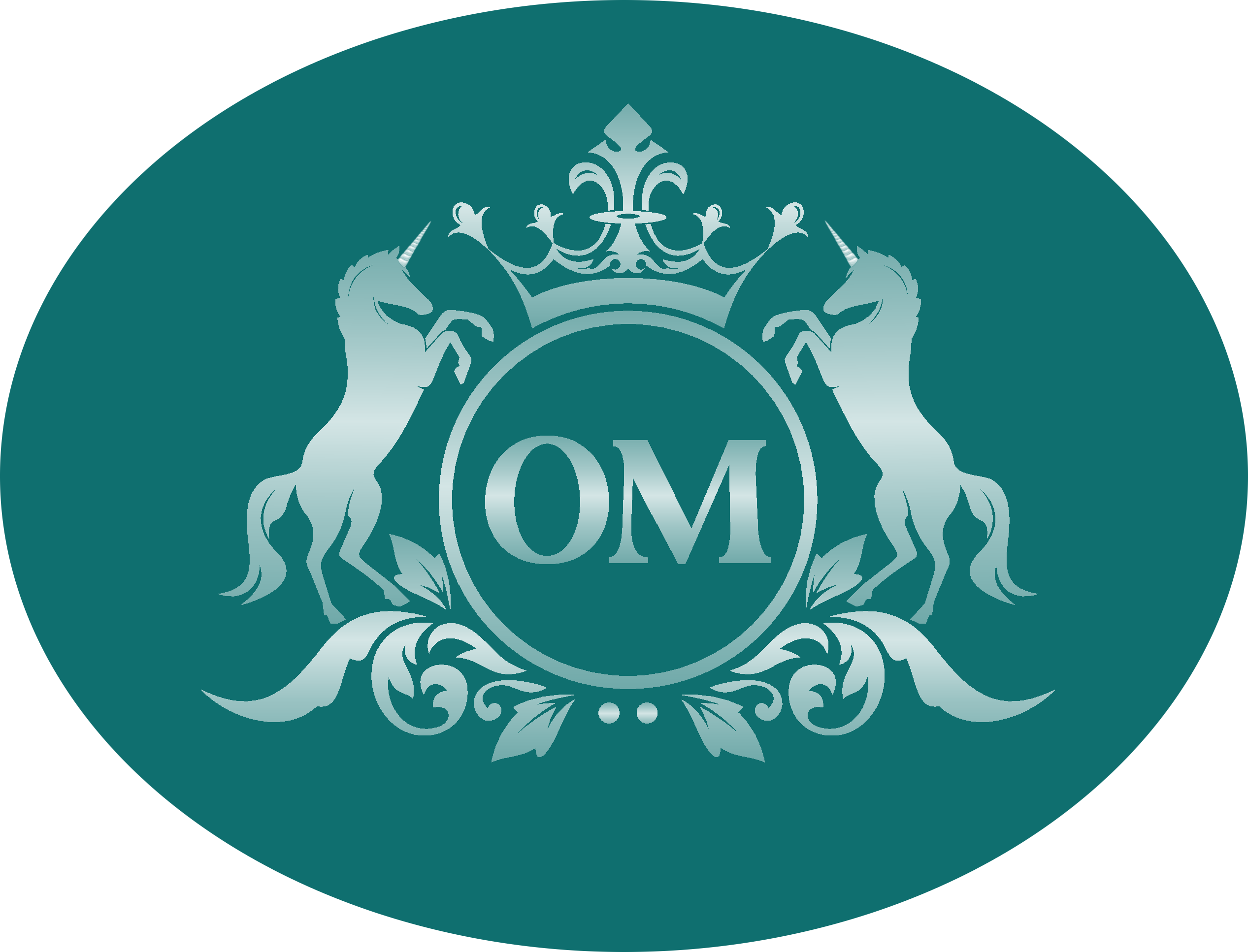


| Accreditation | Certified Open Leader |
| Audience | executive management, organisational owners, and organisational governors |
| Duration | 2 hours a week for 6 weeks online, or 2 days classroom |
The world is changing rapidly in two directions: the exponential rate of advancement of technology (digital, biological, and materials); and the shifts in stakeholder expectations (environmental, social, and governance - “ESG”) that we believe constitute a cultural step-change. (For our clients in Vietnam, these are even faster than anywhere else). The world has become volatile, uncertain, complicated, and ambiguous.
As a consequence, conventional ways of working and managing which have been successful for us until now will no longer succeed in the future. Most organisations are already feeling this - they are having to adopt new ways of working such as Agile, and introduce new values around ESG, just to survive in the modern world. These "whitewater times" are not temporary: so many things are disrupting that we can expect the VUCA state to continue for the foreseeable future, for decades, perhaps for generations.
This is not news any more. The world is scrambling to adapt. There are many aspects of work changing rapidly at once. We sum them up as Open, or - in more detail in the organisational context - as Human Systems Adaptability.
The most widely adopted word seems to be "agile" or "agility", as in "business agility". We believe the words ‘agile’ and ‘agility’ are overworked, over-stretched to cover more than the words actually mean. "Open" is a better word.
What do we mean by ‘open’?
"Open" is an increasingly important word, seen everywhere, that covers a broader domain. Open Work, Open Management, open architecture, open source, open access, open door, open space, open communication, open discussion, open leadership, open innovation, open ended, open up, open book, open eyes, open minded, open hearted.
Openness can be described as a willingness to accept, engage with, and internalise the different perspectives, even paradigms, to be encountered when dealing with diverse participants in an interdisciplinary situation. An open frame of mind requires conscious acceptance that notions such as ambiguity, unpredictability, serendipity, and paradox will compete strongly, and legitimately, with knowledge, science, and fact.
– Fostering complexity thinking in action research for change in social–ecological systems. Ecology and Society. Rogers et al
We must be open: open society to higher consciousness; open organisations to greater transparency and inclusion; open teams to collaboration; open individuals to self-examination, honesty, and vulnerability.
To open up to better work, we are opening up the organisation like a flower, letting light and air in, making room to move and grow, exposing the workings, inviting others in, welcoming, creating possibilities, allowing pollination, letting the value out, letting us thrive.
The key to advancing work is the manager. We must open up management to be invitational, inclusive, serving, and transparent. Better ways of managing enable better ways of working. For managers to manage in new ways, we must change how executives manage the managers and how governors direct the executives and management.
This is training for executive management leaders and organisational governors who direct the organisation. (There is another course for Certified Open Manager, to do the management of people and work.) If you are dissatisfied with the way your enterprise performs in the changing world, and you are seeking better ways for your organisation, this course will propose new directions for you to explore, personally and as an enterprise, and inspire you to lead them there to get better results and happier stakeholders (customers, staff, and society).
This course is intended to:
You will learn to:
This will:
We look at:
This course has been developed by the Open Management Academy based on extensive research of global thought from sources such as:
…and on the successful experiences of our contributing organisations in applying the Open concepts, especially Teal Unicorn.